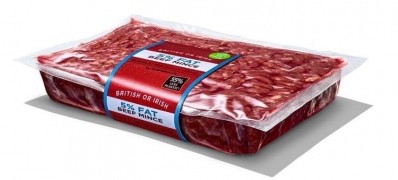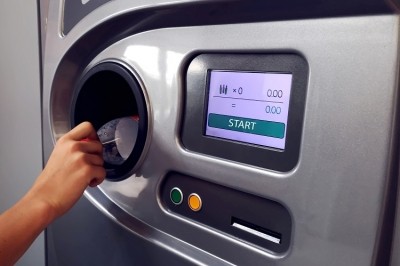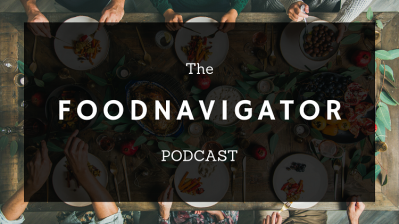‘We are very surprised by this accusation’: Danone sued over plastic pollution

Three environmental groups - ClientEarth, Surfrider Foundation Europe and Zero Waste France - are filing a lawsuit against Danone over its global plastic pollution at France’s high court, the Paris Tribunal Judiciaire.
France’s ‘Duty of Vigilance’ law demands that companies over a certain size assess and prevent the impacts their operations have on the environment and human rights, via a ‘vigilance plan’.
The groups argue that Danone, whose annual sales top more than €24bn, is not doing enough to reduce its plastic footprint and failing to live up to its duties under the law.
ClientEarth plastics lawyer Rosa Pritchard said: “Danone is trudging ahead without a serious plan to deal with plastics, despite clear concern from climate and health experts and consumers, and a legal obligation to face up to the issue.
“It continues to rely on single-use plastic packaging in the hopes that recycling will miraculously deal with the flood of plastics it puts on the market. But recycling is a limited solution as only 9% of plastics ever made have been recycled. It’s unrealistic for food giants like Danone to pretend recycling is the silver bullet.
“It’s 2023 and high time Danone started implementing proper solutions such as refill and reuse beyond a few pilots to give consumers real access to a sustainable model. It needs to deplastify now.”
Solutions for reducing plastic in the food sector include eliminating unnecessary packaging, rethinking product design and shifting to reusable/refillable packaging models.
Pritchard added: “The momentum around plastics litigation has been building fast – and it’s only the beginning. Companies across the plastics value chain, from fossil fuels companies to consumer goods giants and waste management companies, should be on high alert.”
According to the groups, Danone should map the impacts its use of plastics has on the environment, climate, health and human rights from production to end-of-life; provide a complete assessment of its plastic footprint, including plastics used in producing the products it sells, plastics used in logistics and promotions and plastic packaging; and put together a ‘deplastification’ plan with quantified and dated objectives and act on it.
Danone, which owns well-known brands such as Evian, Volvic and Activia and sells products available in more than 120 countries, insisted that it is committed to curbing the problem of plastic pollution.
A Danone spokesperson commented: “We are very surprised by this accusation, which we strongly refute. Danone has long been recognized as a pioneer in environmental risk management, and we remain fully committed and determined to act responsibly.
“We are implementing a comprehensive framework of actions aimed at reducing the use of plastic, developing reuse, strengthening collection and recycling schemes, and developing alternative materials. We have already made significant progress on each of these fronts, particularly on plastic reduction.”
The company claimed it has cut plastic -12% at global level (-60,000 tons) between 2018 and 2021.
“Putting an end to plastic pollution cannot come from one single company and requires the mobilization of all players, public and industrial, while respecting the imperatives of food safety,” the spokesperson added. “This is why we support the adoption, under the aegis of the United Nations, of a legally binding international treaty.”
The next steps in the court case will be determined by a judge in an initial hearing in the next couple of months.































